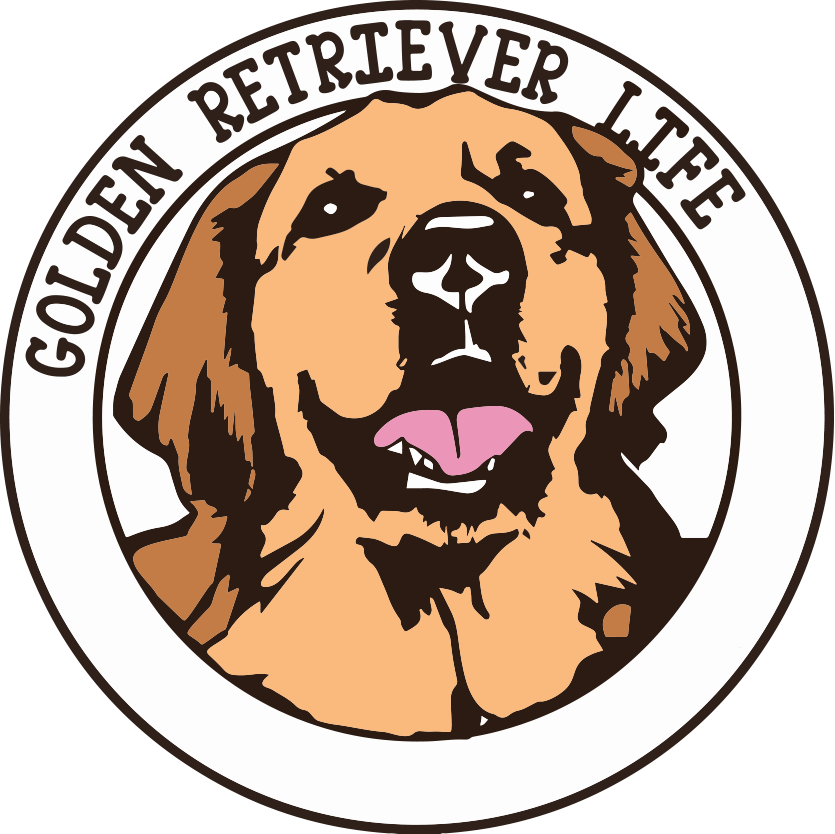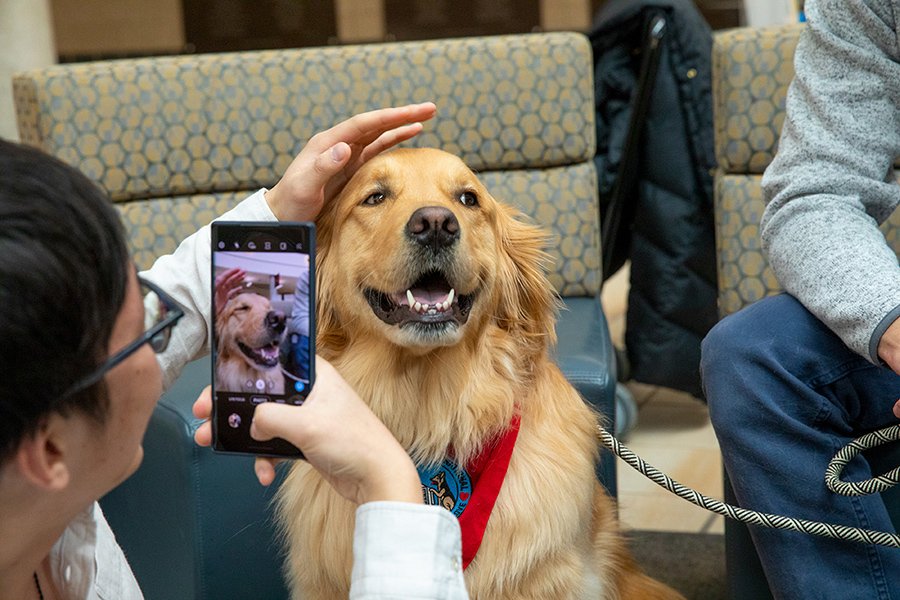What is a Therapy Dog?
Therapy dogs volunteer with their handlers to help advance the physical, emotional, and social well-being of others.
However, they do not have rights under the Americans with Disabilities Act (ADA) and thus must be invited into non-dog-friendly places.
To be clear, therapy dogs are not service dogs. Service dogs perform tasks for their handler and receive full public access per the ADA.
Why are therapy dogs important?
Scientifically measuring the impact of animal-assisted therapy (AAT) is challenging, but the initial research findings are promising.
For physical health, researchers have found that AAT:
lowers blood pressure
reduces the number of medications some people need
reduces anxiety
releases positive hormones such as Phenylethylamine, which has the same effect as chocolate
For mental health, researchers have found that AAT:
provides comfort
reduces loneliness
increases mental stimulation
can provide a happy distraction (UCLA Health)
Anecdotally, I saw first-hand the benefits of AAT while deployed overseas as an Army pilot. My unit had a dog named Zac, who would fly in our helicopters, spreading joy and happiness. Although Zac's impact was difficult to quantify, I know it changed the lives of many service members.
How do you certify a therapy dog?
It is a team sport. Therefore, you need to have a dog that is a good fit for therapy work and an empathetic handler that knows how to interact well with others.
Most organizations require dogs to be at least a year old and to demonstrate confidence and control in various situations such as:
Getting around people
Group sit/stay
Meeting another dog
Visiting with a patient
Reaction to unusual situations
Reaction to children
Leave it
Entering/exiting rooms
Above all, temperament is a crucial trait of a therapy dog.
What type of training do you recommend?
You may be surprised to hear there typically isn’t a specific therapy dog curriculum. As long as the dog can demonstrate the required obedience skills, they can receive their therapy dog certification.
With that said, there are several paths you can take to help you in this journey.
For starters, I recommend basic puppy classes. These are often best in-person with a reputable positive-reinforcement local trainer.
If you’re unable to attend in person, there are several online resources to help get you started.
We recognized the need for convenient and effective dog training solutions, which is why we created our own app, The Hapco.
Within our app, you'll discover a wealth of resources, including:
video tutorials
text instructions
insightful guides
exclusive promotional codes
Click here for a FREE access.
Next, I would work towards passing the AKC Canine Good Citizen test. This exam will help set your dog up for success during their therapy dog certification.
What are Therapy Dog Organizations?
Most volunteer locations will require a therapy dog certification from a reputable organization. The purpose of this is to ensure your dog has met the minimum requirements of a therapy dog and to reduce liability concerns.
I prefer Pet Partners or Alliance of Therapy Dogs, but regional organizations can be a good fit for some.
What types of volunteering are available?
Countless volunteering opportunities are available: therapy often dogs frequent schools, nursing homes, hospitals, libraries, and even disaster areas.
I suggest you connect with a therapy dog chapter in your local area for more information.
I hope you consider volunteering as a therapy dog team!




